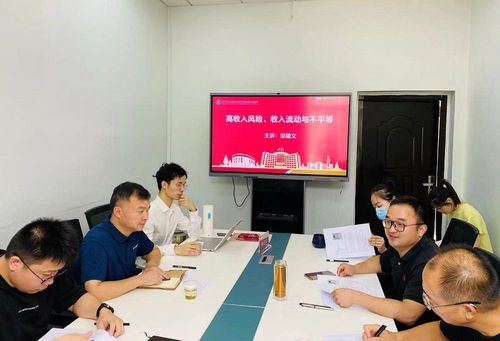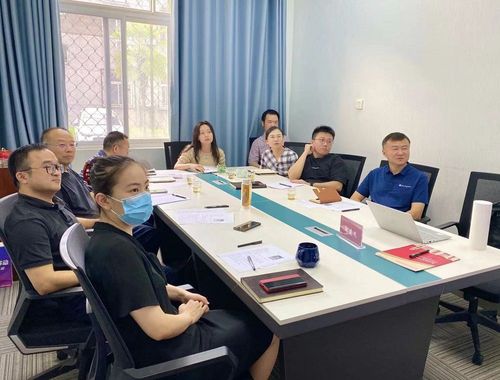On 8th September 2021, the 14th "Xixian Forum on Income Distribution and Public Finance", co-organized by the School of Public Finance and Taxation of ZUEL and IIDPF, was successfully held in Conference Room 127 of Wenqin Building. As the keynote speaker of the forum, Dr Zou Jianwen from the School of Economics, Huazhong University of Science and Technology delivered a lecture entitled "Higher Order Income Risk, Income Mobility and Inequality". The forum was chaired by Professor Lu Yuanping, Executive Deputy Director of the IIDPF. Deputy Director of ZUEL Research Department Pi Haipeng, Deputy Director of IIDPF Professor Sun Qunli, Professor Li Rui from the School of Public Administration and more than ten other faculty and students attended the forum.
  
 
  While the economy is growing at a rapid pace, China's declining income mobility and rapidly rising income inequality have become a matter of great concern. Income shocks play an important role in understanding inequality, yet existing studies have assumed that income shocks follow a normal distribution, ignoring the non-normality of income shocks. In this context, Dr Zou Jianwen describes the income dynamics of Chinese residents and the typicalised facts of income flows by building a generalised income dynamics model based on the CFPS panel data for five periods in 2010, 2012, 2014, 2016 and 2018, argues for the non-normality and heterogeneity of income shocks, and discusses the role of transfer income such as government assistance, pensions, social contributions and private support. Also based on a life-cycle model, Dr Zou investigates the impact of a generalised dynamic process of income on consumption inequality, wealth inequality and precautionary saving among Chinese residents. The empirical analysis finds that income shocks for Chinese residents significantly deviate from a normal distribution, with income shocks having negative skewness and higher kurtosis; the presence of higher order income risk significantly reduces income mobility and increases the risk of income stagnation for low-income groups; at the same time, it also significantly increases consumption inequality and wealth inequality, giving rise to additional precautionary savings.
   
  
  After the presentation, students and faculty had an in-depth exchange with Dr Zou Jianwen on the use of data balance panels and differences in family structure. Dr Zou believes that for low-income residents, rural residents and residents with low educational attainment, the government needs to raise their level of social security; for high-income residents, urban residents and residents with high educational attainment, the government needs to preserve employment, raise the level of unemployment protection and reduce labour market frictions, as well as further improve the vocational training system and career advancement system to reduce their risk of slipping down the job ladder. These policy recommendations have important implications for reducing income inequality in China.

